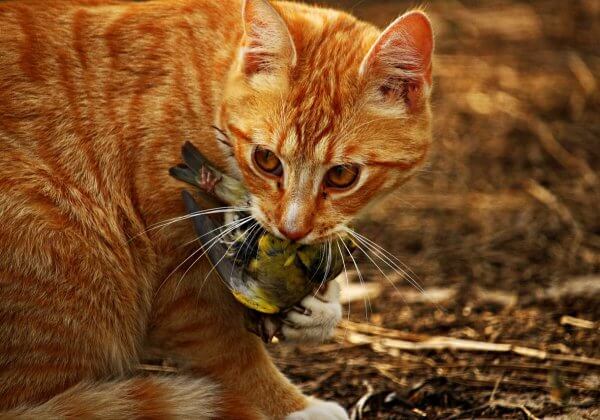Magpie Swooping: How to Avoid Getting Hit
In Australia, the arrival of spring means that magpies begin nesting – and in some cases, swooping.
These intelligent native birds are just trying to raise their families in a challenging environment – and like all animals, they have a natural instinct to protect their young.

Why Do Magpies Swoop?
Magpies typically nest for around six weeks between August and October, when the father is responsible for defending his babies by chasing away any animal he considers a threat – including humans – within 50 metres of the nest.
Only around 10% of breeding males swoop humans, and most don’t actually come close to making physical contact. The majority of reported human injuries occur indirectly, such as when someone crashes their bike after being startled by a swooping magpie.
Some magpies see humans as a threat – and for good reason. From hitting them with cars and felling the trees they call home to leaving out poison for “pests”, humans cause infinitely more harm to birds than vice versa.
How Can I Avoid Being Swooped?
DO
- Take the road less travelled. If your usual route takes you near a magpie’s nesting area, the best way to avoid being swooped is simply to change your route for those six weeks.
- Cover up. Protect your face and head by wearing sunglasses and a broad-brimmed hat. You could hold an open umbrella above your head, but don’t attempt to swat a magpie with it if he swoops.
- Stay calm, and keep moving. Some magpies are more likely to swoop pedestrians, others cyclists, and some don’t discriminate at all based on your mode of transport. However, if you feel more stable on two legs rather than two wheels, dismounting your bike may be a good idea.
- Put up signs to warn others. By advising other residents to avoid the area, you help spare both humans and magpies a great deal of stress.
DON’T
- Wave your arms, shout, or otherwise act aggressively. This will only reinforce the magpie’s impression that you’re a threat.
- Offer food. Feeding a magpie will help you only temporarily and can have all kinds of long-term consequences for the bird, including dependence and disease.
- Attempt to relocate the nest. Magpies are a protected species, and it’s against the law to kill them, relocate them, destroy their nests, or collect their eggs. They usually mate for life, and moving them can disrupt their family life. In any case, after they’ve been removed and released elsewhere, they usually return within a few days or weeks.
- Approach a baby magpie on the ground. He or she is likely just learning to fly, and the parents are usually close by, keeping an eye on the situation. If the chick seems to be injured or truly in danger, follow these steps for helping wildlife.
https://www.facebook.com/themagpiewhisperer/videos/969007543193398
Friends, Not Foe
Despite their protective behaviour, magpies can be astoundingly curious and friendly. And according to University of New England Emeritus Professor of Animal Behaviour Gisela Kaplan, more than 80% of breeding magpies nest near houses, meaning that only a very small proportion of those living close to humans are actually involved in swooping incidents.
Magpies can live between 25 and 30 years and are territorial, tending to stay in the same area for almost their whole lives. They can learn to recognise the faces of humans and may choose not to swoop those they like.
Magpies value their lives and families just as much as we do, and we should learn to appreciate them for the wonderful, protective parents they are.







